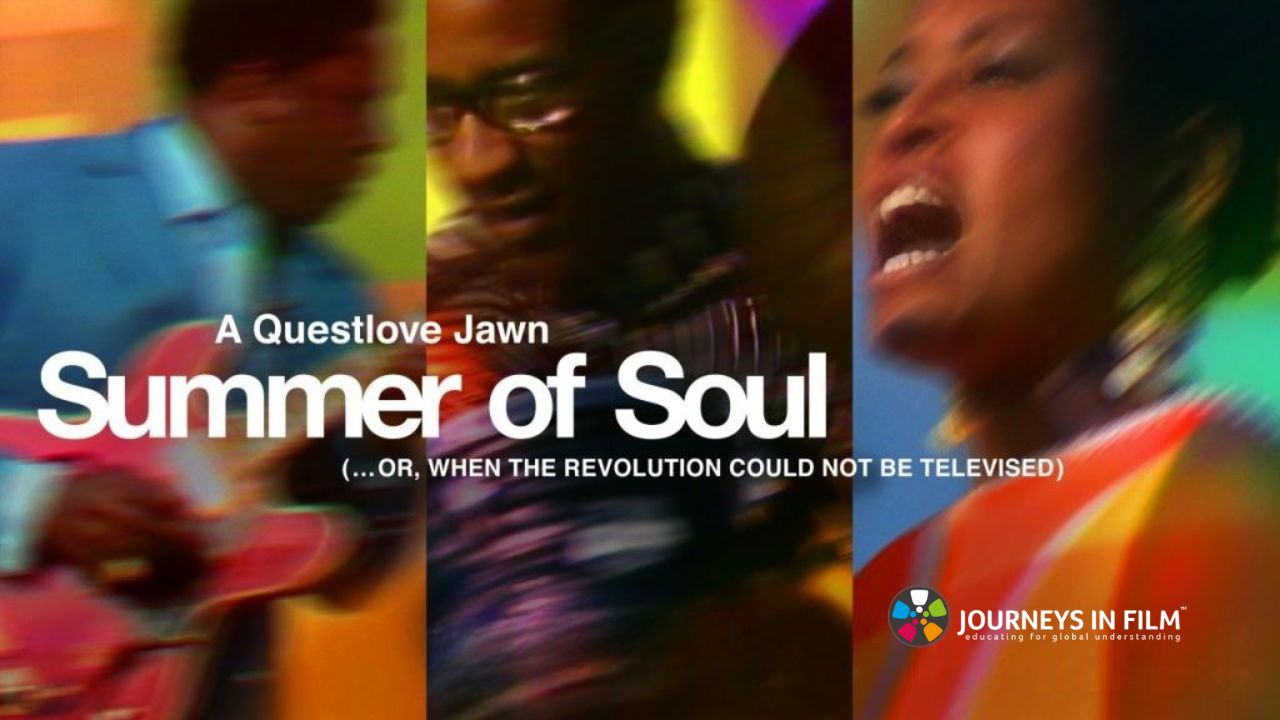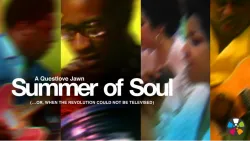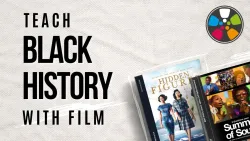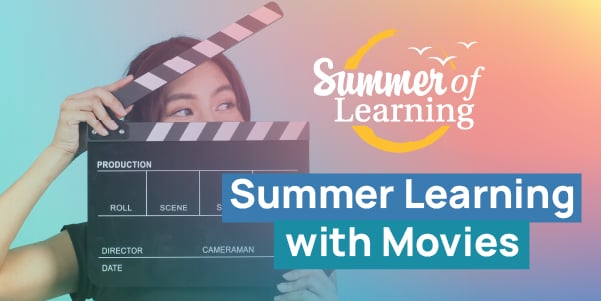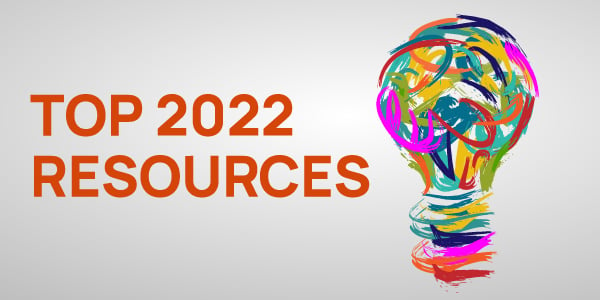About This Lesson
Boost student engagement with the Civil Rights Movement with Summer of Soul!
In this lesson students will read, research, and synthesize information about major events in African American history. The lesson provides context, background and essential engagement for students regarding key events in the Civil Rights Movement of the 1960s that led up to 1969, the year of the Harlem Cultural Festival.
The lesson features class discussion prompts and extension activities. It also includes a handout (and corresponding answer key) focused on major events in African-American History.
Learn more about teaching with Summer of Soul including where to watch it.





